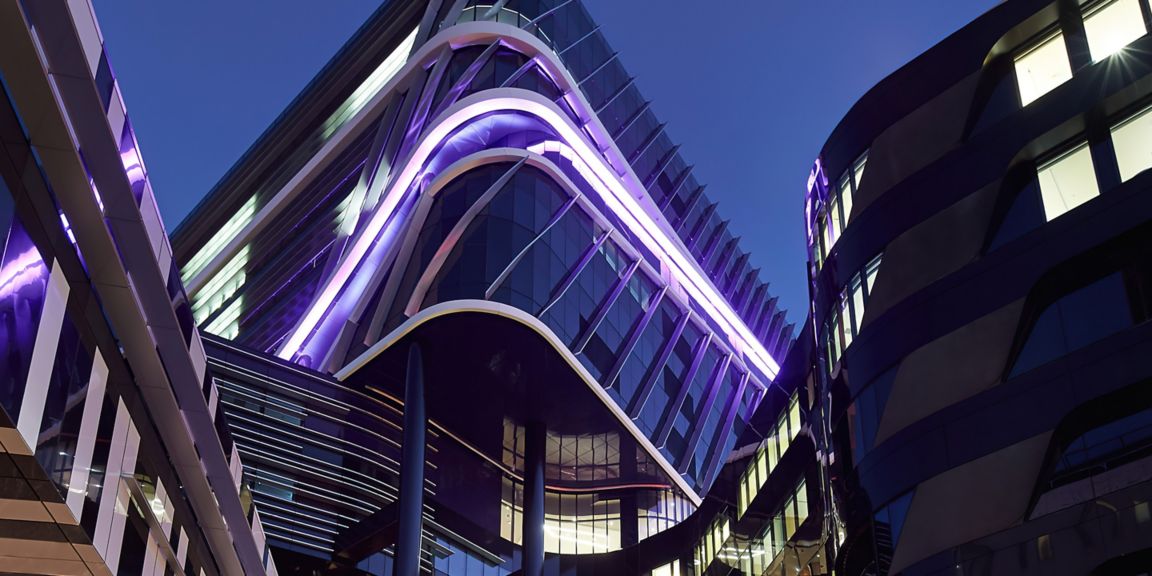-
 Location
Location-
Asia Pacific
-
Europe
-
Middle East
-
North America
- |
- Contact
- |
-
Currency:Localize your Content
You can set your preferred currency for this account.
Choose a Currency
Currency- CHOOSE YOUR CURRENCY
Update Currency
Changing Currency will cause your current cart to be deleted. Click OK to proceed.
To Keep your current cart, click CLOSE and then save your cart before changing currency.
-
Select Account
Switching accounts will update the product catalog available to you. When switching accounts, your current cart will not move to the new account you select. Your current cart will be available if you log back into this account again.
Account# Account Name City Zip/Post Code CANCELPROCEEDMy Account
-
Industries
Industries
-
Airports
Honeywell provides a single point of control, including customized software and automation
-
Commercial Buildings
Integrate automation for climate control, fire, life safety and access control systems on one screen
-
Contractors & Specifiers
See how Honeywell automation technology can meet the needs of contractors and consultants like you
-
Data Centers
Integration and automation help optimize uptime, reduce costs and achieve sustainable operations
-
Education
Custom capabilities and automation to improve campus safety, energy efficiency, emergency systems
-
Government & Military
We have helped agencies around the world with smart building automation and technology
-
Healthcare
Connect systems and staff to technology and automation to enhance safety, awareness, performance
-
Hospitality
Intelligent automation to connect to guests via better experiences, greener technology, secure data
-
Industrial & Manufacturing
Reduce costs, improve sustainability and worker safety with custom capabilities and automation
-
Justice & Corrections
Help reduce costs, manage risk and incidents more effectively, enable rehabilitation with automation
-
Retail
Use integration and automation to optimize an entire operation, from two buildings to two hundred
-
Smart Cities
Integration and automation to improve urban mobility, waste management, emergency services, lighting
-
Rail and Metro
Technology to make metro and rail safer, more secure and sustainable
-
Airports
-
Automation Solutions
Automation Solutions
-
News & Media
- Cybersecurity Requirements for Healthcare Organizations
- Upgrade Healthcare Facility Operations with Technology
- Leverage Automation to Optimize Workflows and Procedures
- From Reactive to Proactive: Streamlining Maintenance for Optimal Building Performance
- Five Signs Your Building Management System Needs an Upgrade
- Atlanta Hawks and Honeywell Announce Winners Of Arena Of The Future Challenge
- Building Technologies’ Role in Improving QSR Operations
- Why cybersecurity is now table stakes for building operators
- Manage building assets to help better control energy costs
- Boost energy efficiency through better asset utilization
- Localization is critical in the journey to better energy efficiency
- Anything but basic – why the foundational steps of energy management matter
-
 Location
Location-
Asia Pacific
-
Europe
-
Middle East
-
North America
- |
- Contact
- |
You are browsing the product catalog for
You are viewing the overview and resources for
- Our Stories
- When Operating Systems Retire: What Does it Mean for Your Building?


When Operating Systems Retire: What Does it Mean for Your Building?
Building management systems (BMS) are at the core of most facility operations. In one screen, building managers or operators can control electrical and mechanical operations, from managing temperature, ventilation and energy consumption to the elevators and security systems. So, what happens when one of the foundational elements of your BMS is no longer supported?
As technology rapidly evolves, so do the operating systems (OSes) that your BMS are built on. In June of 2022, Internet Explorer 11 was retired, and in October of 2023, Windows Server 2012 and Windows Server 2012 R2 will be retired. The retirement of these systems gives businesses an opportunity to transition to networks that help improve their speed, functionality and security.
What does the retirement of these OSes mean for your building’s management system?
Continuing to operate on platforms like the Windows Server 2012 past their end of life could result in stability problems and impact the usability of BMS that are still running on these operating systems (OSes) because technical support, patching or fixing bugs may no longer be available. It might seem surprising, but many businesses continue to run systems that are based on unsupported platforms. One study found that as many as 41% of businesses relied on either unsupported OSes or networks approaching their retirement.[i]
Unsupported OSes may leave you vulnerable to cybersecurity attacks
Because operational technology like HVAC systems and lighting are often connected to networks, continuing to use an outdated, unsupported OS may potentially expose your BMS to an increased risk of cyber attacks and data breaches. Threat actors are continuously looking for system vulnerabilities. Systems running on retired platforms can nearly triple the risks of a business experiencing a data breach, according to BitSight.[ii]
Using retired network servers can lead to an increased likelihood of facility interruptions
Continual advancement in technologies makes system hardware and software obsolete over time, even in a BMS. These systems can potentially cause operational disruptions in your building. The disruptions could range from the inconvenient to dangerous: failures in HVAC systems, lighting, elevators, security systems, etc. Experiencing a failure, like stuck elevators or the ability for employees to even enter an office building, can be costly and time consuming.
Why you should upgrade or maintain your system
Updating your building’s infrastructure, including the BMS, is like keeping up with your car maintenance. Taking a fresh look at how your system is operating and keeping your hardware and software up to date helps reduce the risk of leaving you stranded, without the ability to make necessary updates that provide good minimum cyber hygiene. In the long run, it can also help you save time and money, avoiding more costly repairs and replacements. Lastly, deploying proper upgrades can provide greater peace of mind knowing that you’re doing your best to keep your facility safe, secure, comfortable and more efficient.
Contact one of our experts today to make sure your building is operating using the latest technologies.
[i] FutureCIO, Many businesses still rely on unsupported or near end-of-life OS, Ken Wong, September 2019 [Accessed March 28, 2023]
[ii] Bitsight, Thousands of Organizations Run the Majority of their Computers on Outdated Operating Systems, Nearly Tripling Chances of a Data Breach [Accessed March 28, 2023]
Copyright © 2025 Honeywell International Inc.
Maximum File Size
Maximum Files Exceeded
You cannot access this page as this product is not available in your country.
Compare X Products
Clear All
X of 5 products to compare


